Reflections on supporting learners (and educators): Part I Overview
Scott Granville
Since the launch of our online platform in 2023, we have been privileged to welcome students and educators from many different countries around the world.
As an ongoing commitment to provide the best possible version of our learning solution to users, we recently undertook the latest review of how we deliver our services, and more importantly, how partners and customers engage with the content.
This is an insightful and important process, highlighting the diverse methods of engagement with our TV drama series and resources. Some of this can be attributed to the simple fact of different expected outcomes for a school or institution when compared to individual learners. In other cases we have seen how English course requirements in different countries (or even regionally) have been instrumental in shaping how, and what, content is used and presented to learners.
Over the next couple of weeks, we will drill down on some of these user cases to share what successful interactions look like across a range of usership and how these case studies shape our thinking for present, and future delivery.
For the purpose of this more generalised overview, I’d like to briefly outline three areas that have delivered consistently positive results across all modes of delivery and discovery on the Chasing Time English platform.
1. The magic of storytelling
The idea of narrative as the driving force behind a learning journey gives our team the impetus to lean into storytelling and world building as key focus areas. And it seems to work. With a strong story, memorable characters and places, the learning embedded in each drama series works in tandem rather than in competition. Students become engrossed in the episodic tales and complete activities to move forward through a series, eager to find out what happens next.
2. Peer to peer learning
Our courses are built on trust – the belief that users are curious, interested and have something to say. To facilitate this belief we embrace and promote shared learning through our discussion feature. This has been hugely successful with students responding that the ability to share their opinions, to speculate, predict and practice alongside fellow learners is a highlight of their experience.
3. Focus on language enrichment
This is always an interesting balancing act given the necessity (and pressure) for schools and institutions to provide formal assessment to benchmark a learner’s progression. However, it remains equally important for the activity of learning a language to maintain value in promoting self-discovery, providing stimulation, and encouraging creativity. We take great pleasure in seeing students grow in confidence and enjoying the process of learning English, of enhancing social skills that we hope will equip them for success in the future.
This cycle of gathering feedback, review and modification is a critical and ongoing part of our production and delivery process. It allows us to keep doing the things that are working and make changes to other aspects that don’t provide purposeful learning.
In the coming weeks we look forward to providing further information focusing on these areas:
Part II: Case studies for class and course groups
Part III: Case studies for individual usage
